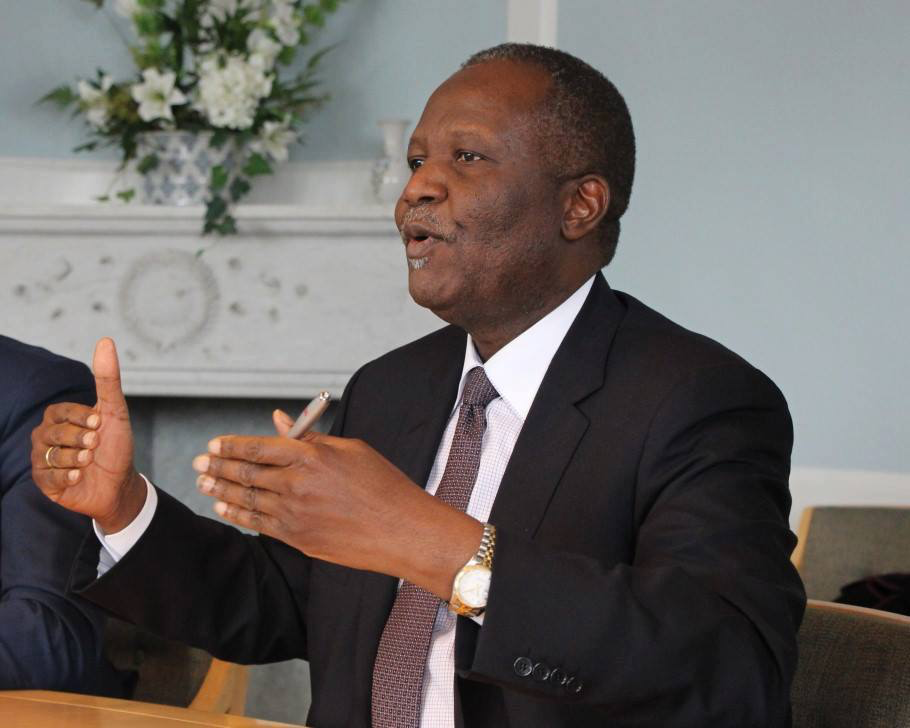NOMSA NKANA, Lusaka
GOVERNMENT has assured the business community that it will consider further simplifying the amended value added tax (VAT) rule 18 to promote growth of the local export market.
Minister of Finance Felix Mutati made this assurance to the private sector last week after receiving the 2018 budget proposals from various stakeholders.
In May, Government made additional amendments to VAT rule 18, which requires that exporters of goods by air produce an airway bill as proof of export to qualify for refund from Zambia Revenue Authority (ZRA).
But stakeholders feel that the rule disadvantages those exporting by other modes of transport such as road, railway and water.
“We have heard your challenges that the additional amendment to the VAT rule 18 poses to the export business and Government is keen on simplifying it further,” Mr Mutati said.
On tax exemptions, Mr Mutati said Government’s stance is to consider lowering the threshold where necessary rather than zero-rating.
“How do you secure accountability [when you do not pay anything]? It must be a give and take situation. As Government, we will consider what we must tax you, whether give you exemptions if necessary or write off import duties,” he said.
Mr Mutati said there is a lot that can be done to optimise the tax system so that it acts as a motivator of growth and not a choker of business.
And Minister of Commerce, Trade and Industry Margaret Mwanakatwe said dialogue is necessary for Government to comprehend what the private sector expects.
Commenting on tax policies and their effect on business, Ms Mwanakatwe said Government will not hesitate to drop any policy that does not promote private sector growth.
On the multi-facility economic zones (MFEZs), Ms Mwanakatwe said Government will make policies to encourage small and medium-scale enterprises to set up businesses to provide support services to main industries.
She said Government has also had challenges obtaining finances required for power in the MFEZs.
“For instance, in the Lusaka South MFEZ, we need huge sums of money for infrastructure development and installation of power.
“So what we’ve done with Ministry of Finance is to formulate a plan to work with companies that want to set up businesses in the zone to pay some money in advance,” she said.
Ms Mwanakatwe said in future, Government will consider reducing tariffs as a tax incentive for companies to enable them recoup the money they paid up front.
GOVERNMENT has assured the business community that it will consider further simplifying the amended value added tax (VAT) rule 18 to promote growth of the local export market.
Minister of Finance Felix Mutati made this assurance to the private sector last week after receiving the 2018 budget proposals from various stakeholders.
In May, Government made additional amendments to VAT rule 18, which requires that exporters of goods by air produce an airway bill as proof of export to qualify for refund from Zambia Revenue Authority (ZRA).
But stakeholders feel that the rule disadvantages those exporting by other modes of transport such as road, railway and water.
“We have heard your challenges that the additional amendment to the VAT rule 18 poses to the export business and Government is keen on simplifying it further,” Mr Mutati said.
On tax exemptions, Mr Mutati said Government’s stance is to consider lowering the threshold where necessary rather than zero-rating.
“How do you secure accountability [when you do not pay anything]? It must be a give and take situation. As Government, we will consider what we must tax you, whether give you exemptions if necessary or write off import duties,” he said.
Mr Mutati said there is a lot that can be done to optimise the tax system so that it acts as a motivator of growth and not a choker of business.
And Minister of Commerce, Trade and Industry Margaret Mwanakatwe said dialogue is necessary for Government to comprehend what the private sector expects.
Commenting on tax policies and their effect on business, Ms Mwanakatwe said Government will not hesitate to drop any policy that does not promote private sector growth.
On the multi-facility economic zones (MFEZs), Ms Mwanakatwe said Government will make policies to encourage small and medium-scale enterprises to set up businesses to provide support services to main industries.
She said Government has also had challenges obtaining finances required for power in the MFEZs.
“For instance, in the Lusaka South MFEZ, we need huge sums of money for infrastructure development and installation of power.
“So what we’ve done with Ministry of Finance is to formulate a plan to work with companies that want to set up businesses in the zone to pay some money in advance,” she said.
Ms Mwanakatwe said in future, Government will consider reducing tariffs as a tax incentive for companies to enable them recoup the money they paid up front.


 RSS Feed
RSS Feed
